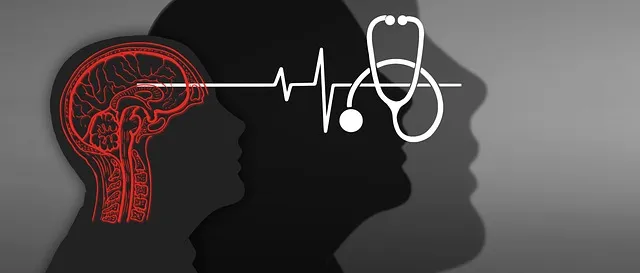Trauma significantly impacts mental health and daily life, making evaluating Kaiser's services vital for quality and trauma-informed care. Kaiser excels with diverse resources, including crisis intervention, burnout prevention for providers, short-term therapy, support groups, and evidence-based practices focused on holistic well-being. To enhance trauma care, healthcare providers must adopt holistic and culturally competent strategies, integrating mental wellness coaching programs that go beyond symptom treatment. Cultural competency training creates safer spaces tailored to diverse needs while respecting beliefs, values, and traditional healing practices. Kaiser's superior mental health services exemplify this comprehensive approach.
Trauma is a pervasive issue affecting individuals across diverse backgrounds. Understanding its profound impact on mental health is paramount in providing effective support. This article delves into the complex world of trauma, exploring its effects and examining Kaiser’s comprehensive mental health services as a benchmark for superior care. We also offer strategic insights for enhancing trauma support, ensuring individuals receive the attentive, compassionate, and skilled treatment they deserve.
- Understanding Trauma and Its Impact on Individuals
- Kaiser's Mental Health Services: A Comprehensive Overview
- Enhancing Support: Strategies for Effective Trauma Care Provision
Understanding Trauma and Its Impact on Individuals

Trauma is a complex psychological response to distressing events or experiences that overwhelm an individual’s ability to cope. It can manifest in various ways, including flashbacks, nightmares, severe anxiety, and emotional numbing. Understanding trauma goes beyond simply recognizing its symptoms; it involves acknowledging the profound impact it can have on mental health and overall well-being. Individuals who experience traumatic events may struggle with day-to-day functioning, relationships, and even basic survival instincts can be affected.
In this context, examining the quality of mental health services provided by organizations like Kaiser is essential. Superior mental health services should include trauma-informed care, which means healthcare providers are equipped to recognize and respond appropriately to traumatic experiences. This involves not only treating symptoms but also addressing the underlying trauma in a safe and supportive environment. Kaiser’s community outreach programs, for instance, can play a pivotal role in reaching those affected by trauma, offering support, and providing resources such as anxiety relief strategies and social skills training.
Kaiser's Mental Health Services: A Comprehensive Overview

Kaiser is renowned for its superior mental health services, offering a comprehensive array of resources and support for individuals dealing with trauma. The organization prioritizes access to care through various programs designed to cater to diverse needs. Their approach encompasses not just crisis intervention guidance but also proactive measures like burnout prevention strategies tailored for healthcare providers – a crucial aspect given the demanding nature of their work.
These services span from short-term therapy sessions to long-term support groups, integrating evidence-based practices and conflict resolution techniques. The goal is to empower individuals with coping mechanisms and resilience in the face of trauma, ensuring they receive holistic care that addresses both mental and emotional well-being.
Enhancing Support: Strategies for Effective Trauma Care Provision

In enhancing support for trauma care, healthcare providers must adopt strategies that foster a holistic and culturally competent approach. Superior does Kaiser have mental health services? Indeed, organizations like Kaiser have recognized the importance of integrating comprehensive mental wellness coaching programs into their service provisions. These programs focus on not just treating symptoms but also empowering individuals to manage stress and promote mental wellness in the long term.
Cultural competency training plays a pivotal role in improving trauma support. By understanding and addressing cultural differences, healthcare providers can create safer spaces for vulnerable populations, ensuring that care is tailored to their unique needs. This includes recognizing and respecting individual beliefs, values, and traditional healing practices while implementing evidence-based interventions for stress management and trauma recovery.
Trauma support services are a vital component of modern healthcare, and Kaiser stands out with its comprehensive mental health offerings. By understanding trauma’s profound impact on individuals, we can enhance care provision through effective strategies. Kaiser’s superior mental health services demonstrate a commitment to addressing this critical issue, ensuring that those affected by trauma receive the necessary support and resources for recovery. Through continuous evaluation and innovative approaches, we can improve access to care and ultimately foster better outcomes for survivors.



